Anonymous post, as part of our “What does being a man mean to you?” blog series. Submit your responses to [email protected]!
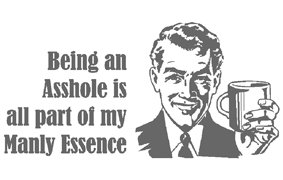 Being a man means so many other things than just body shape, and these perceptions have been shaped by my family, my friends and society at large. Being a man means being tough, loyal, intelligent, fit and sporty. If you are a man, you are also expected to be a natural leader and a gentleman. My father would always remind me that boys should play sports and keep fit at all times, and that the performing arts is more for girls. He wanted me to be more involved in sport and stay away from “girly” activities.
Being a man means so many other things than just body shape, and these perceptions have been shaped by my family, my friends and society at large. Being a man means being tough, loyal, intelligent, fit and sporty. If you are a man, you are also expected to be a natural leader and a gentleman. My father would always remind me that boys should play sports and keep fit at all times, and that the performing arts is more for girls. He wanted me to be more involved in sport and stay away from “girly” activities.
I never understood why he acted as if the interests that one pursues has anything to do with one’s gender identity. While I do play sports and exercise regularly, it is only because it is necessary for health and fitness. This has nothing to do with what society expects boys and men to do or trying to achieve that coveted muscular body. It is unfortunate that sport is seen as an activity that all boys and men are expected to engage in in order to be seen as manly, tough and strong.
 Society tends to think of a man as having to protect women and show leadership over them. He must never appear weak, or else he will be ostracised and looked down upon by society. He must never cry because only girls cry. He must always appear confident, walk in a confident posture, talk in a confident manner. He must have a lean and strong body that exuberates an aura of confidence and dominance. He must always be dominant to females or else he would look like a joke.
Society tends to think of a man as having to protect women and show leadership over them. He must never appear weak, or else he will be ostracised and looked down upon by society. He must never cry because only girls cry. He must always appear confident, walk in a confident posture, talk in a confident manner. He must have a lean and strong body that exuberates an aura of confidence and dominance. He must always be dominant to females or else he would look like a joke.
With all these restrictions and expectations placed on him, he must be very careful to not just be a man, but also appear and act like a man, or else he would be labelled weak, gay, sissy and a variety of other names. Not only is this image highly damaging to women in society (conversely, women are seen as the weaker sex who should be subservient and obedient to the whims of men), it is clear that such a misguided attitude of what a man should be hurts every single boy and man who isn’t like that, and that’s most of us right there.
I say that boys and men should stop doing all the things that we do only because we feel it is expected of men. I have a good relationship with my schoolmates, but I sometimes feel pressured to “be a man” in their presence. For example, when we go to Universal Studios together, I will be pressured to go on intense roller coasters even though I do not want to and I do not like the feeling of riding them. Of course I would always refuse and my friends would try to persuade me. Men should be daring, courageous and adventurous, so does my refusal make me less of a man? In the end, this is just a small matter and they do accept my views eventually, but this is just one of the many examples of how men face pressure in different ways to prove their worth in manliness.

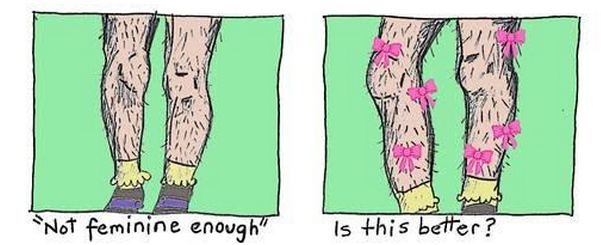

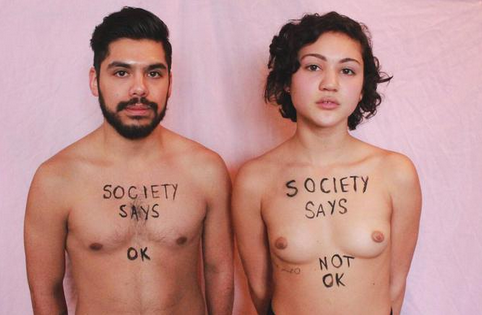


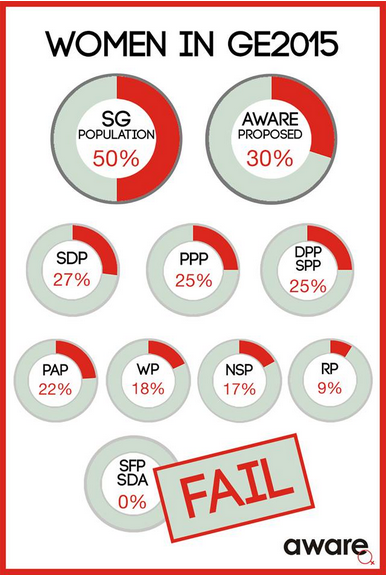
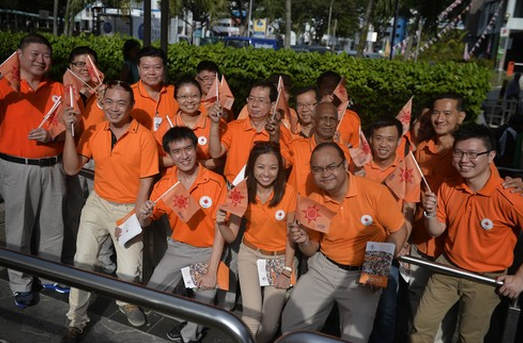
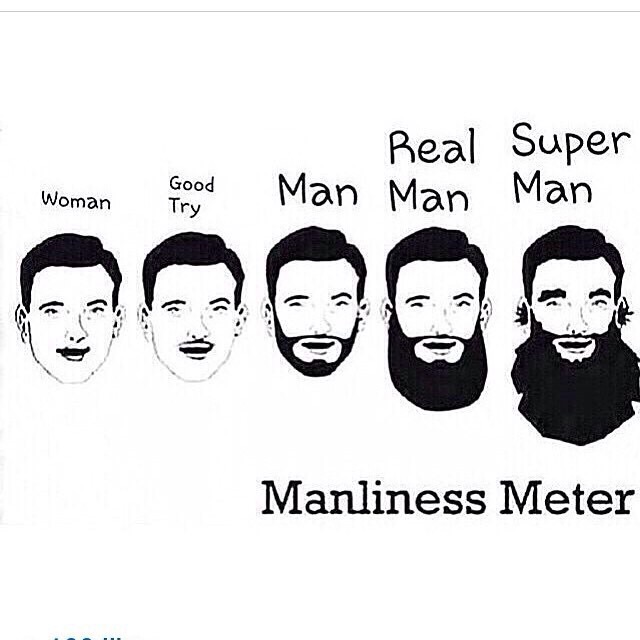



 At the risk of simplifying the issue, I would appeal to the users of the “TATRP” argument to stop. By using victims of violence to silence feminists, you are using real people, with real experiences and emotions as a tool, an object to get your way. They may not directly experience your flippant cruelty, but it shuts down any form of viable discussion with members of your own society. I understand that it may not have been your intent, but I would ask that you hesitate before you adopt a “TATRP” tone; devaluing one’s struggles does not help alleviate the other.
At the risk of simplifying the issue, I would appeal to the users of the “TATRP” argument to stop. By using victims of violence to silence feminists, you are using real people, with real experiences and emotions as a tool, an object to get your way. They may not directly experience your flippant cruelty, but it shuts down any form of viable discussion with members of your own society. I understand that it may not have been your intent, but I would ask that you hesitate before you adopt a “TATRP” tone; devaluing one’s struggles does not help alleviate the other.
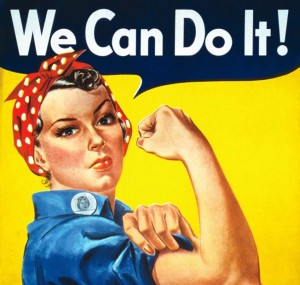
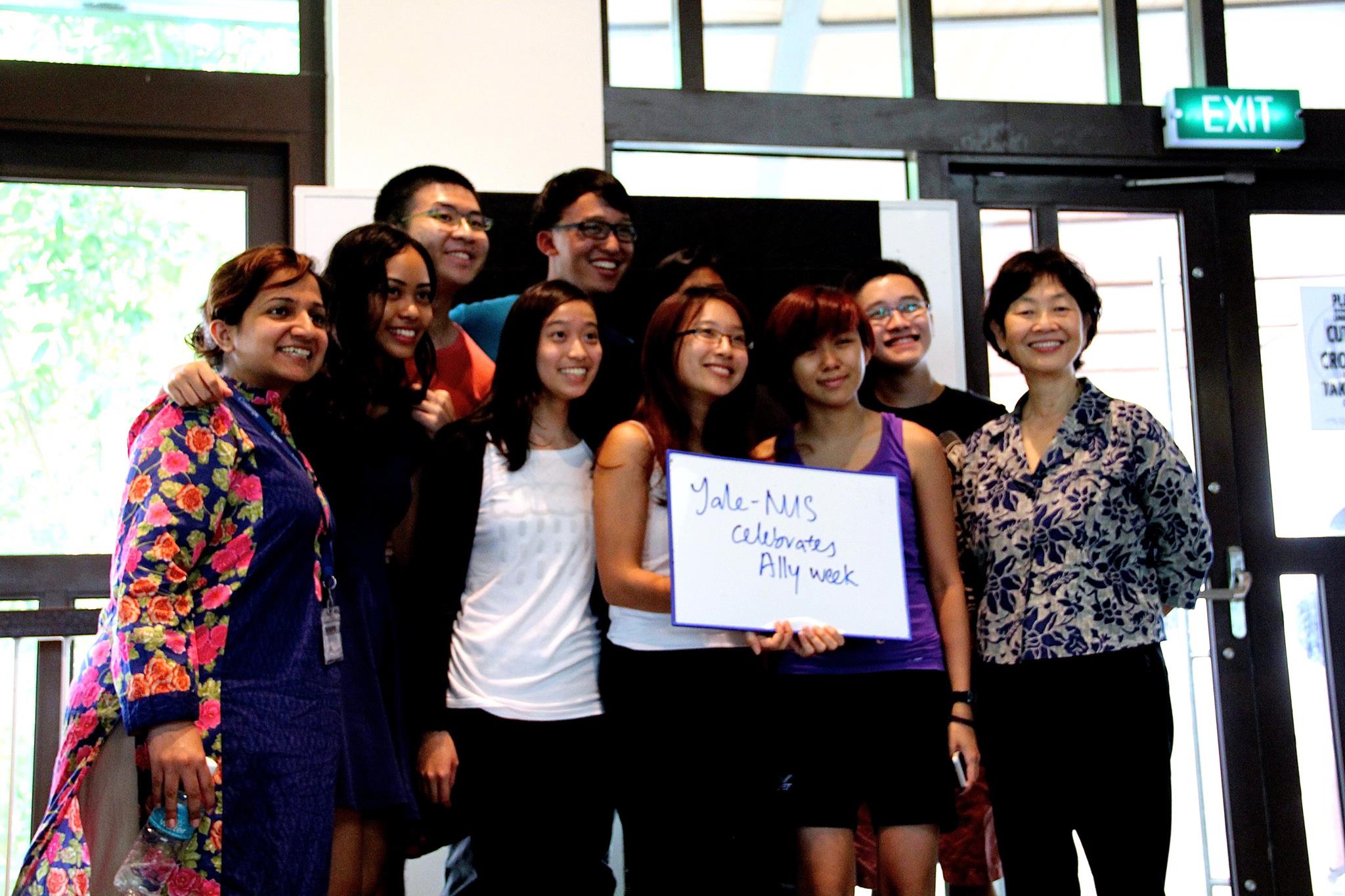
 What do you do, personally, to start change?
What do you do, personally, to start change?
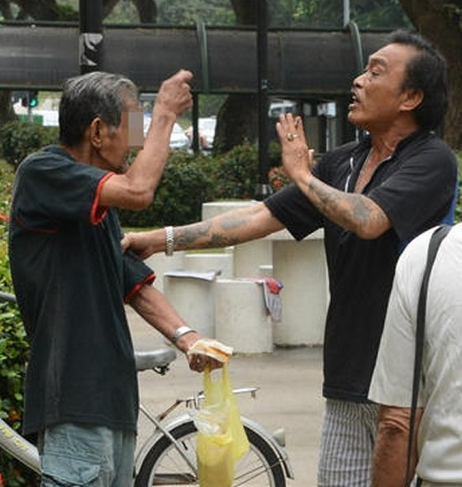 And of course, it’s always important to assess the situation before taking action. Jumping in, or making decisions on behalf of the victim(s), without weighing the pros and cons of our options may end up putting ourselves or others in danger.
And of course, it’s always important to assess the situation before taking action. Jumping in, or making decisions on behalf of the victim(s), without weighing the pros and cons of our options may end up putting ourselves or others in danger.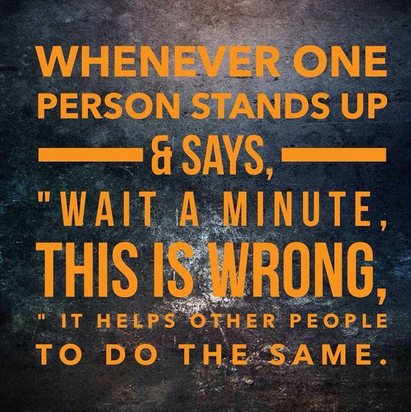
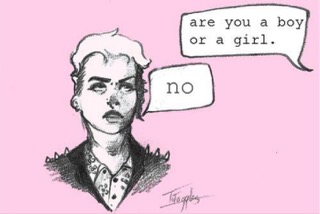
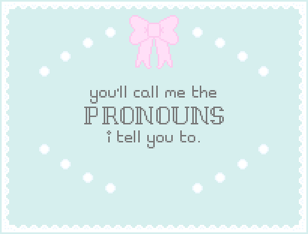

 You do not often see girls in the computer science track and the unspoken thought is that we are just less good at it: there are very few of us and we perform worse than our male counterparts. Hence, whenever we were in class, or during examinations, I felt like I had to prove that I did not fit the stereotype. I wanted to demonstrate that girls do not suck at coding. If I did badly, people would have one more reason to accept the stereotype as truth. In a way, I felt like I was representing my whole gender, not only myself.
You do not often see girls in the computer science track and the unspoken thought is that we are just less good at it: there are very few of us and we perform worse than our male counterparts. Hence, whenever we were in class, or during examinations, I felt like I had to prove that I did not fit the stereotype. I wanted to demonstrate that girls do not suck at coding. If I did badly, people would have one more reason to accept the stereotype as truth. In a way, I felt like I was representing my whole gender, not only myself.